Alfred Kreymborg - 6 Short Poems (1915-1917)
Forgotten Poems #105 || Reissue #17
—: Clay :— I wish there were thirteen gods in the sky. One blessing won't do. Or even one god in me. I can't shape this thing alone.
—: A Clear Day :— Sky: Nowhere in you is affectation. Is it that you alone are blue? Is it that you alone are high? Sky: Take me to you!
—: Credo :— I sing the will to love: the will that carves the will to live, the will that saps the will to hurt, the will that kills the will to die; the will that made and keeps you warm, the will that points your eyes ahead, the will that makes you give, not get, a give and get that tell us what you are: how much a god, how much a human. I call on you to live the will to love.
—: Etching :— There were seven in all, clothed in black, seven silent crows, standing, not quite vertical, around an ebony box ; and in the box, an eighth, lying quite horizontal.
—: The Tree :— I am four monkeys. One hangs from a limb, tail-wise, chattering at the earth; another is cramming his belly with cocoanut; the third is up in the top branches, quizzing the sky; and the fourth — he's chasing another monkey. How many monkeys are you?
—: Matins :— May the sun blink open your eyes and find the room within all blue, and that tiny broken relic of last night's unhappiness vanish like a moth. You will see no bird can fly more swiftly away.
Alfred Kreymborg (1883-1966) was “born in New York City in 1883 and was educated there by life and experience. He became an expert chess player, and earned a living by teaching the game and playing exhibition games. Worked for a time as a bookkeeper. After working hours his passion was music. He became the organizer and leader of a group of whimsical, radical poets who called themselves 'Others'.” (Contemporary Poetry, 1927)
Was a member of Alfred Stieglitz's 291 artists’ group, and co-edited the literary magazine The Glebe with May Ray (1913-14; they would go on to publish the first Imagist anthology). Moved to Man Ray’s artist’s colony ‘Grantwood’ in Ridgefield, New Jersey, also frequented by artists like Marcel Duchamp. The following year he founded the experimental poetry magazine Others: A Magazine of the New Verse (1915-1919), publishing early work by Amy Lowell, Mina Loy, Carl Sandburg, Marianne Moore, William Carlos Williams, et al. In 1921 went to Europe, and co-edited the poetry magazine Broom, with Harold Loeb.
Illustration by Boris Artzybasheff, from Kreymborg’s Funnybone Alley (1927).
I wish . . .
Alfred Kreymborg (Others, 1915): “The old expressions are with us always, and there are always others.” Rather than opposing “new verse” (informal, free, unrhymed) with “old verse” (formal, metered, rhymed), an opening: the more the merrier! The logics of “both/and” rather than “either/or.” Riverine thought: the “old expressions” are the banks of the river, guiding its twists and turns, while the “others” are the river itself, slowly reshaping and smoothing the banks. An interdependent multiplicity, producing endless connections and combinations; rather than individuated unities, limited oppositions, and binaries.
One blessing won’t do . . .
Gilles Deleuze & Félix Guattari (A Thousand Plateaus, 1980): “There is indeed such a thing as measured, cadenced rhythm, relating to the coursing of a river between its banks or to the form of a striated space; but there is also a rhythm without measure, which relates to the upswell of a flow, in other words, to the manner in which a fluid occupies a smooth space.”
I can’t shape this thing alone . . .
Judith Butler (Examined Life, 2008): “My sense is that what’s at stake here is really rethinking the human as a site of interdependency… posing the question, do we or do we not live in a world in which we assist each other? Do we or do we not help each other with basic needs? And are basic needs there to be decided on as a social issue and not just my personal, individual issue or your personal, individual issue? So there’s a challenge to individualism… And hopefully, people will take it up and say, ‘Yes, I too, live in that world in which I understand that we need each other in order to address our basic needs. And I want to organize a social, political world on the basis of that recognition’.”
—: After Alfred Kreymborg :— by Dick Whyte gods of the warp and weft bound us together looming like wind as it weaves through tangled reeds now we must learn to sing or perish
Forgotten Poets Presents:
Forgotten Poems, a living anthology of obscure and out-of-print poetry from the late-1800s and early-1900s. Explore the archives:
More poems about the gods . . .
Marjorie Muir - 2 Short Poems (1919)
—: Finis :— Gods upon your mountaintops— I hurl you back This beating, writhing, pain-filled Clod of flesh and blood. Did you put it in my keeping as a jest? Do you laugh now to see it dead...
More poems about the sky . . .
Pauline Leader - 4 Short Poems (1927-29)
—: The Market-Place :— Stuff of men you come and go like not-quite-mute-birds scattering their furtive symphonies in a small closed parallel where the sinews of the sky are only the top boards nailed down...
M.R. Lowe - Old Burying Ground (1928)
—: Old Burying Ground :— A thin gray stone crumbling and worn leans over a rectangle of daisies and tall grass. “Orena Consort of.................. Born Ap...... ..2, 1798 D..... …........1845 May her sou. r...... in peace.”...
Agnes Cornell - 5 Short Poems (1920-24)
—: Song in the Desert :— The wind And sand have washed my floor Until it’s white as milk. A cactus bloom Fell on my floor today. A wild bird Darted in the door, Beat his wings against the wall And then flew out...
More poems about monkeys . . .
H.B. Armitage - 2 Short Poems (1926-27)
—: Evolution :— I think a child should take a monkey's hand, And say, “Whatever comes, we have it, you and I . . . (ee-e-e-k, eek!) Let us be restless, chatter, squeal and shriek, Swing by our tails, and do indelicate things...










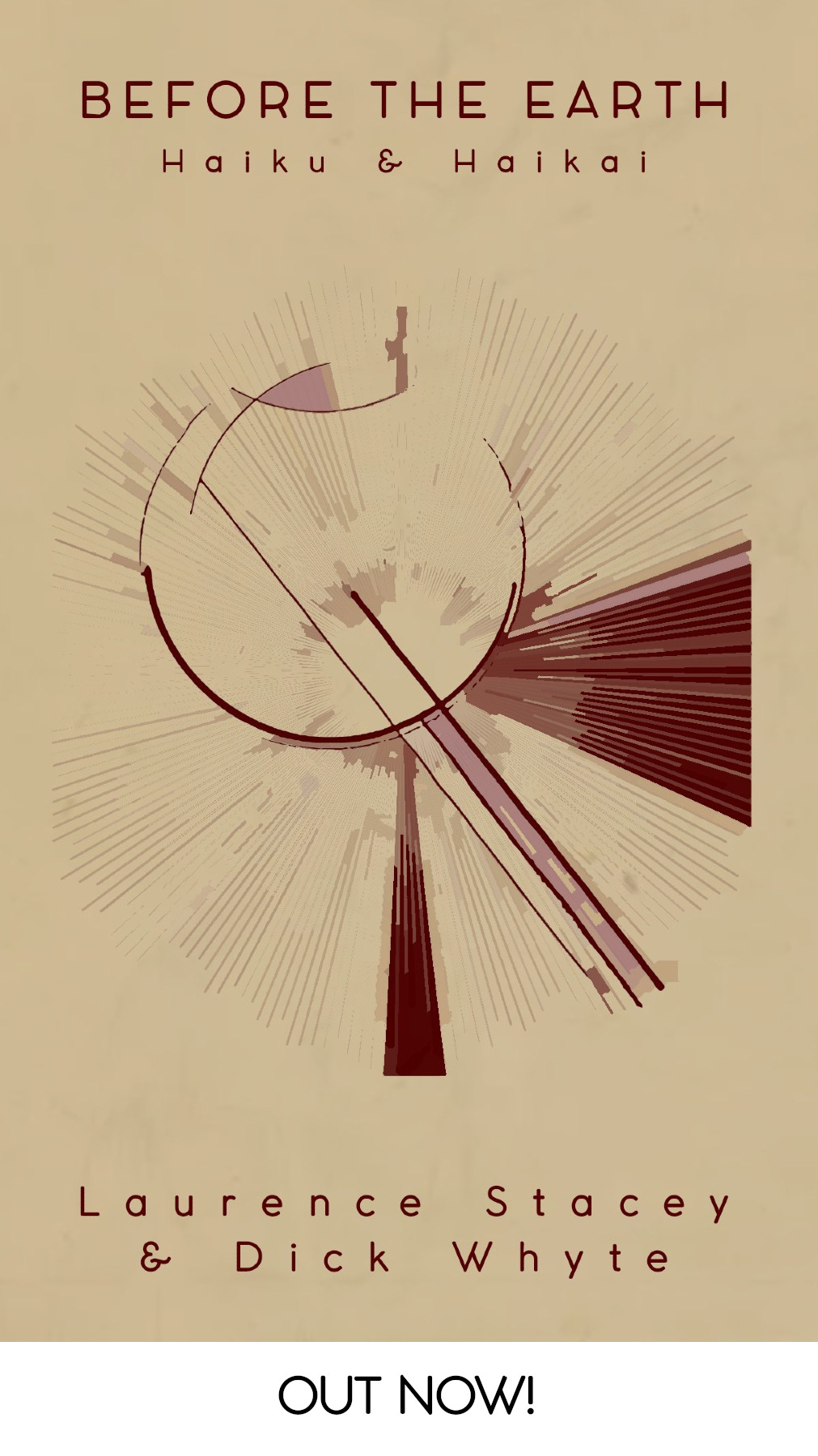
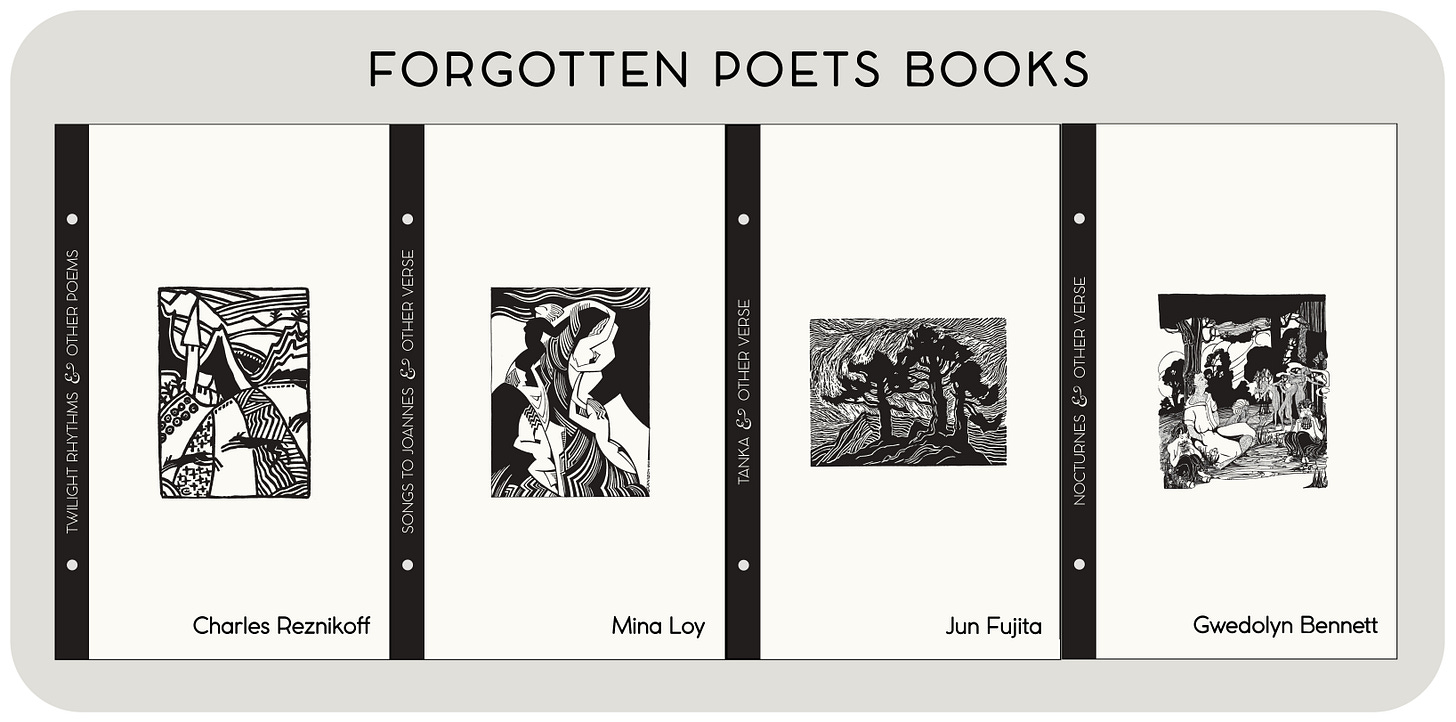
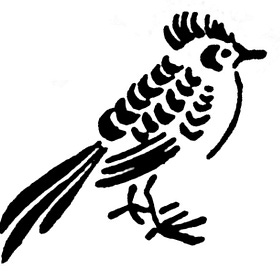

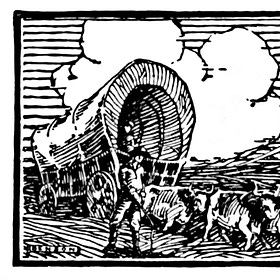

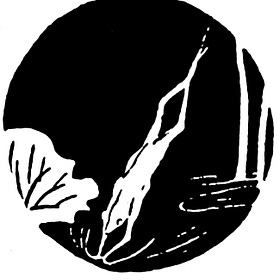
"How many monkeys are you?" !!!!!!!
Dick, I love the way you braided the thoughts of Kreymborg, Deleuze & Guattari, Judith Butler together with poetry fragments. As always, it is so timely and fresh. Here we are today, cycling through the same set human yearnings for more peace and more understanding. The heartbreak of it all. Food for the poets--then and now.💛